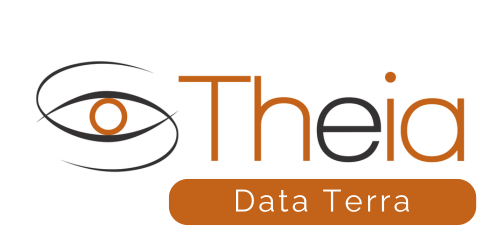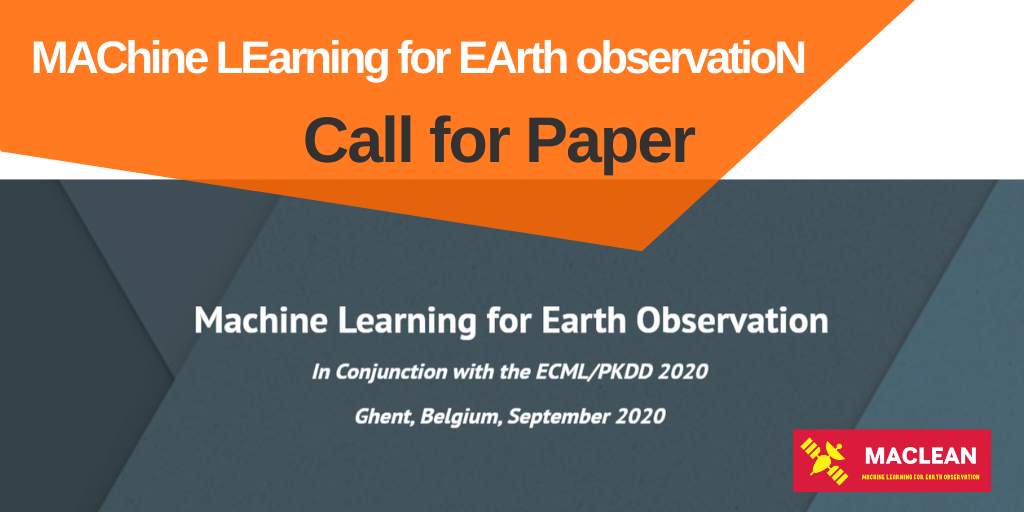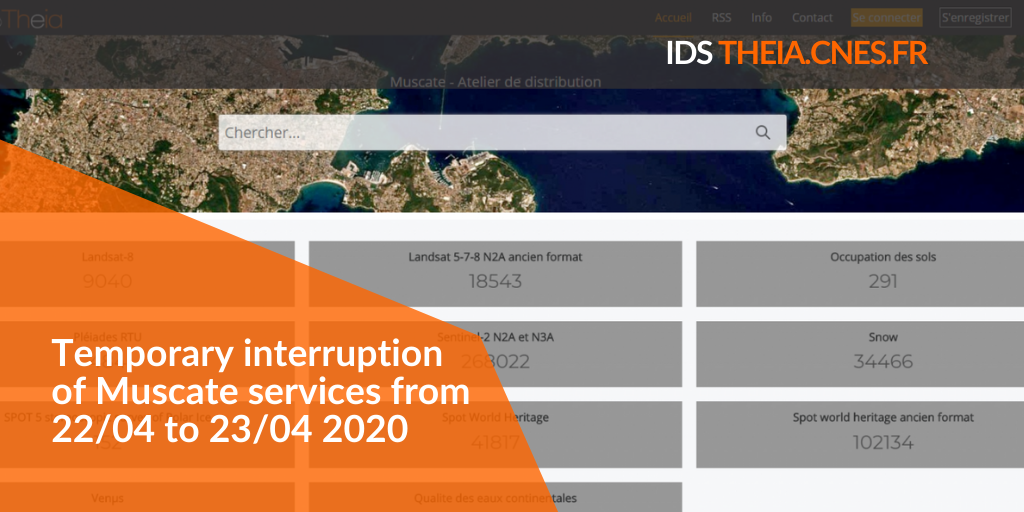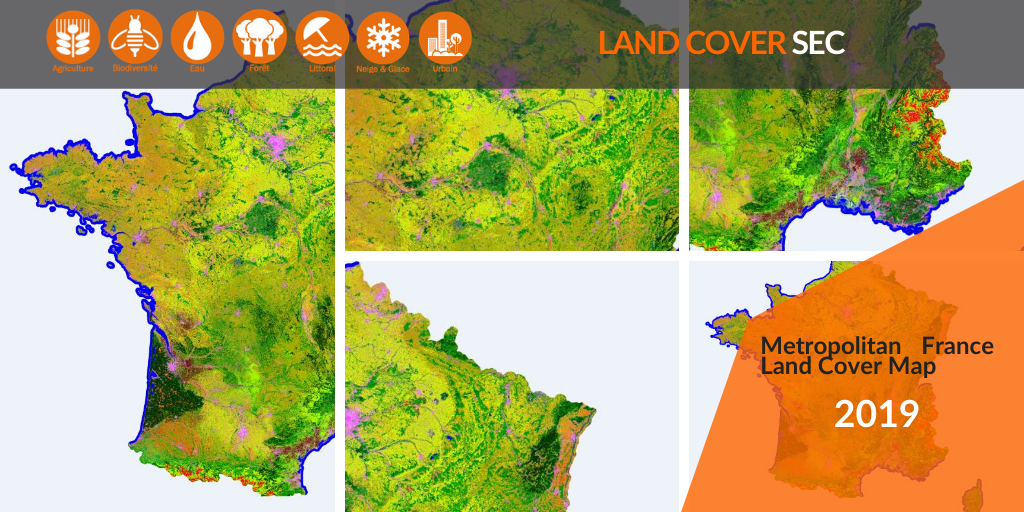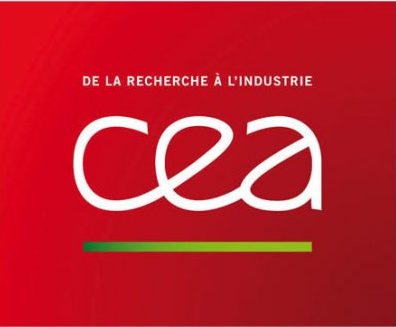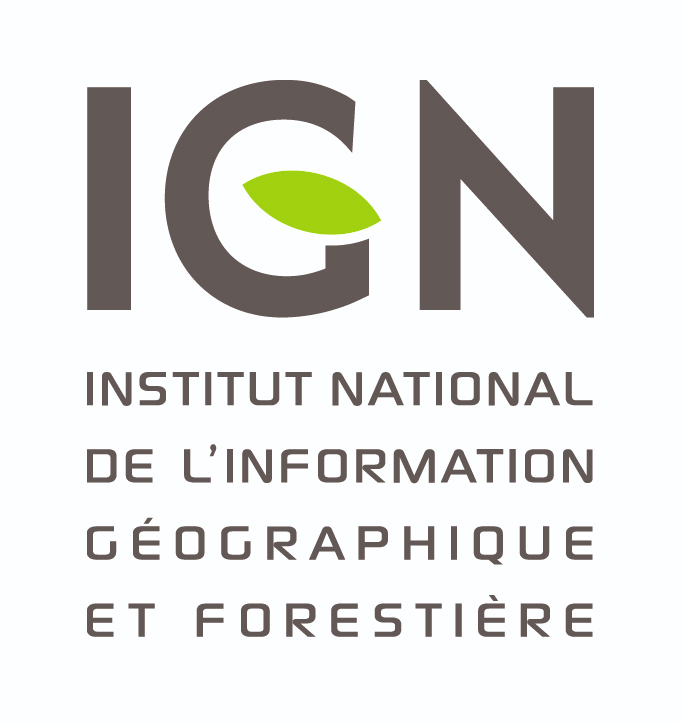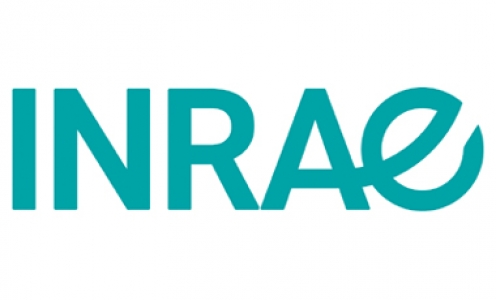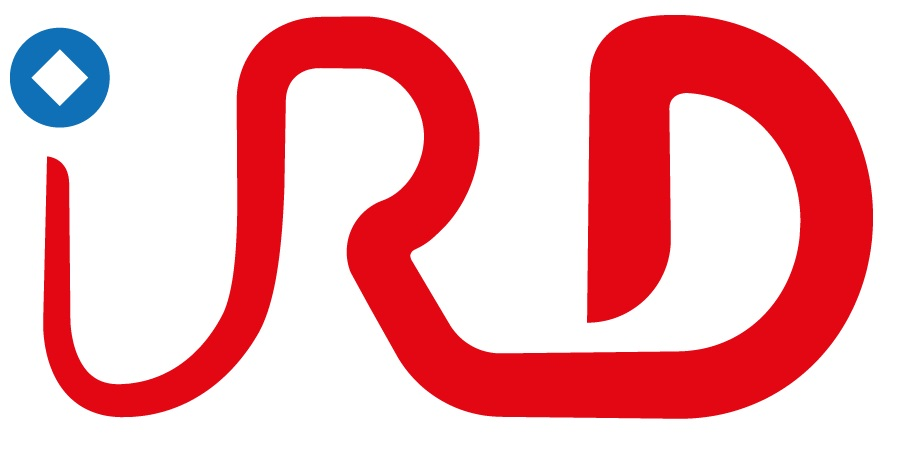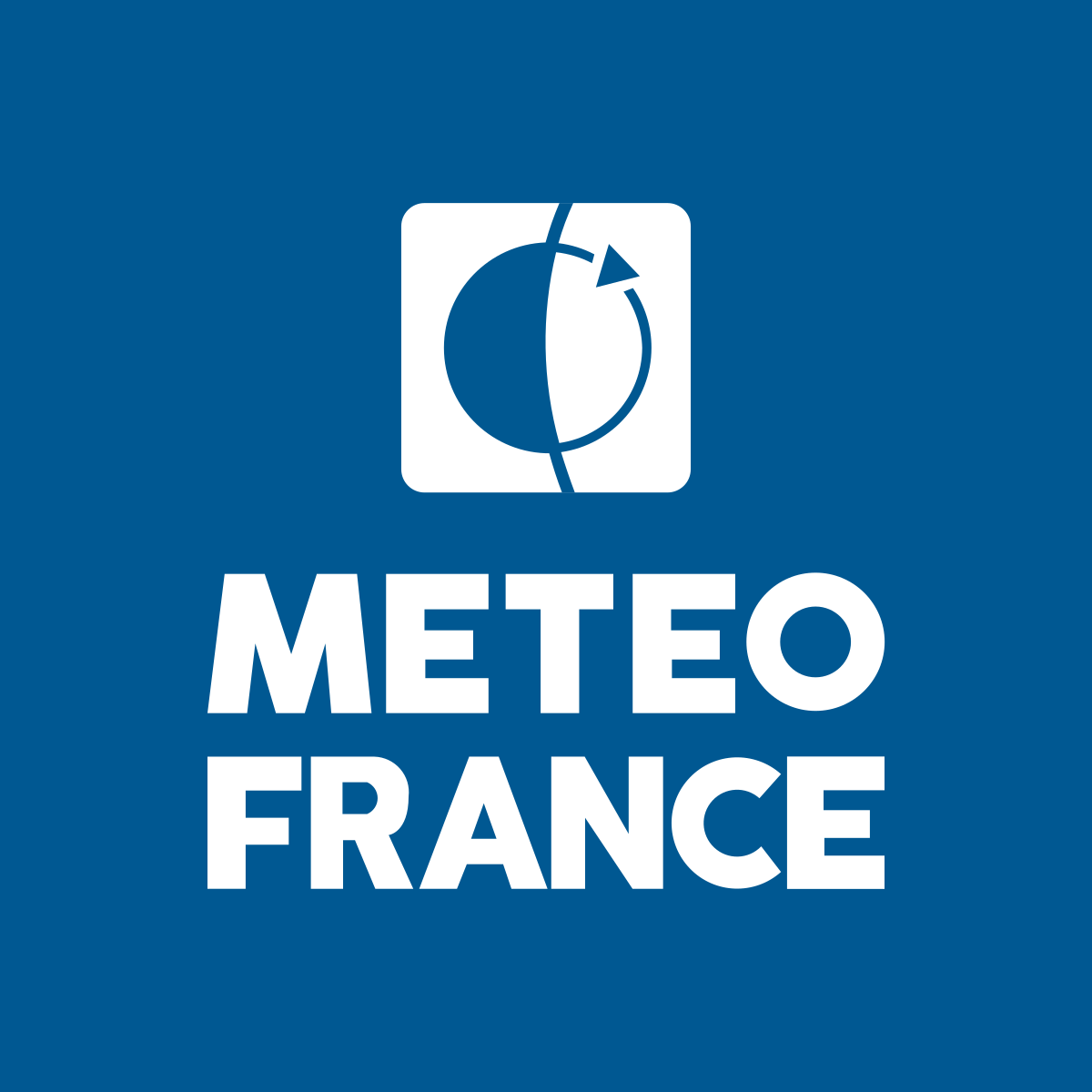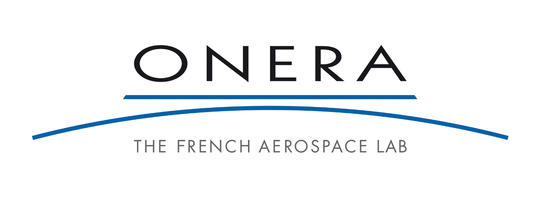MACLEAN2020 Call for paper
Context
The huge amount of data currently produced by modern Earth Observation (EO) missions has raised up new challenges for the Remote Sensing communities. EO sensors are now able to offer (very) high spatial resolution images with revisit time frequencies never achieved before considering different kind of signals, e.g., multi- (hyper)spectral optical, radar, LiDAR and Digital Surface Models. In addition, considering successive acquisitions of satellite imagery over the same area, it is also possible to organize these data as satellite image time series (SITS), in order to track and monitor phenomena over time.
In this context, modern machine learning techniques can play a crucial role to deal with such amount of heterogeneous, multi-scale and multi-modal data. Some examples of techniques that are gaining attention in this domain include deep learning, domain adaptation, semi-supervised approach, time series analysis and active learning. Leveraging Machine Learning approaches for the analysis of EO data can be beneficial (or even crucial) for several EO-related tasks such as precision agriculture and food risk prevention, mapping biodiversity, monitoring climate changes, understanding temporal trajectories related to the evolution of natural habitats and generally, manage resources in a territory and provide more accurate information on environmental and anthropic phenomena.
Even though the use of machine learning and the development of ad-hoc techniques are gaining increasing popularity in the EO domain, we can witness that a significant lack of interaction between domain experts and machine learning re- searchers still exists. People coming from these two different communities, currently, may often have some difficulties in structuring themselves around these issues due to a lack of mutual knowledge.
The objective of this workshop is to supply an international forum where machine learning researchers and domain-experts can meet each other, in order to exchange, debate and draw short and long term research objectives around the exploitation and analysis of EO data via Machine Learning techniques. Among the workshop’s objec- tives, we want to give an overview of the current machine learning researches dealing with EO data, and, on the other hand, we want to stimulate concrete discussions to pave the way to new machine learning frameworks especially tailored to deal with such data.
Submission
We welcome original contributions, either theoretical or empirical, describing ongoing projects or completed work.
Contributions can be of two types: either short position papers (up to 6 pages including references) or full research papers (up to 10 pages including references). Papers must be written in LNCS format, i.e., accordingly to the ECML-PKDD 2019 submission format.
Accepted contributions will be made available electronically through the Workshop web page. Post-proceedings will be also published in LNCSI and have them included in the series Lecture Notes in Computer Science (LNCS).
Topics
- Supervised Classification of Multi(Hyper)-spectral data
- Supervised Classification of Satellite Image Time Series data
- Clustering of EO DataDeep Learning approaches to deal with EO Data
- Machine Learning approaches for the analysis of multi-scale EO Data
- Machine Learning approaches for the analysis of multi-source EO Data
- Semi-supervised classification approaches for EO Data
- Active learning for EO Data
- Transfer Learning and Domain Adaptation for EO Data
- Bayesian machine learning for EO Data
- Dimensionality Reduction and Feature Selection for EO Data
- Graphical models for EO Data
- Structured output learning for EO Data
- Multiple instance learning for EO Data
- Multi-task learning for EO Data
- Online learning for EO Data
- Embedding and Latent factor for EO Data
Key Dates
- Paper submission deadline: June 9th, 2020
- Rejected Conference Papers sent to Workshops: June 9th, 2020
- Paper acceptance notification: July 9th, 2020
- Paper camera-ready deadline: TBA
- Workshop date: September 14 or September 18 (TBA)
PC Chairs
- Thomas Corpetti, CNRS, LETG-Rennes COSTEL UMR 6554 CNRS, Rennes, France
- Dino Ienco, IRSTEA, UMR Tetis, Montpellier, France
- Roberto Interdonato, CIRAD, UMR Tetis, Montpellier, France
- Minh-Tan Pham, Univ. Bretagne-Sud, UMR 6074, IRISA, Vannes, France
- Sébastien Lefèvre, Univ. Bretagne-Sud, UMR 6074, IRISA, Vannes, France
